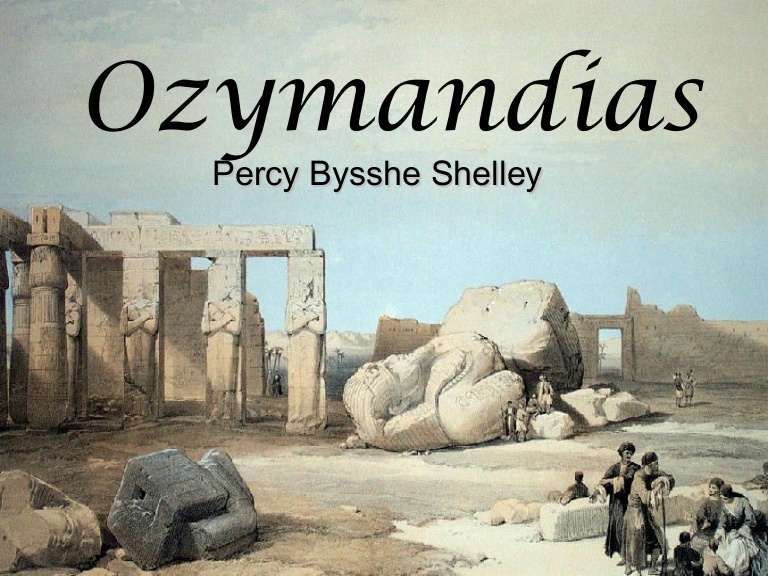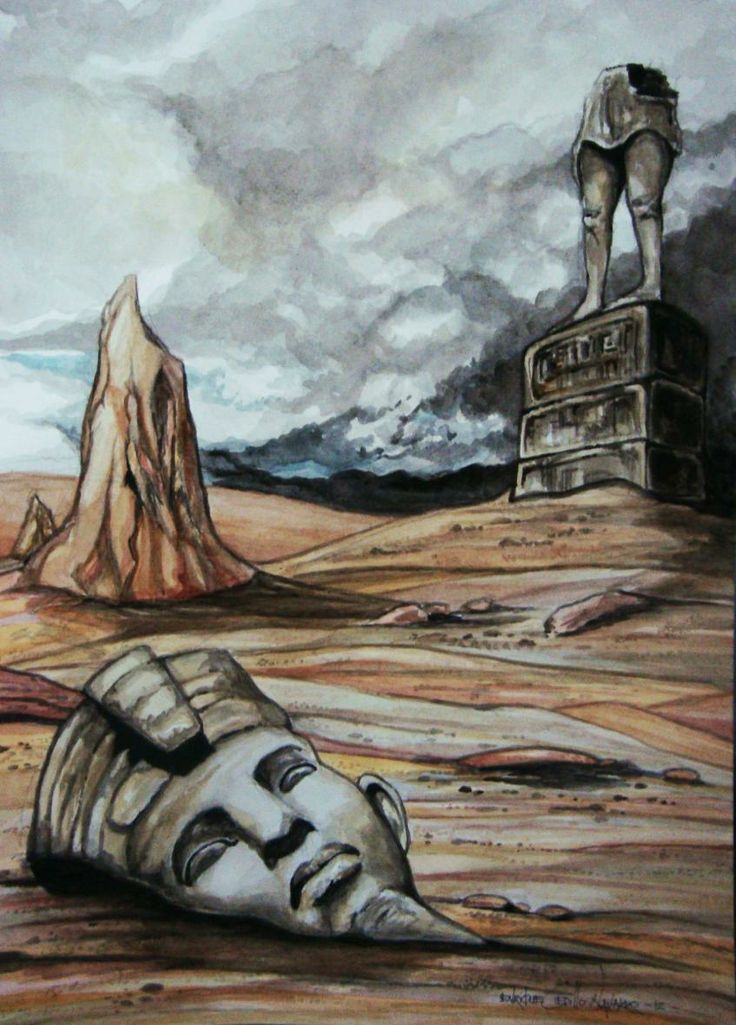Keeping Quiet is an eloquent piece on peace, humanity, and brotherhood by Pablo Neruda, which is explosive as it is quiet. In a very calm fashion, Neruda leaves us with a world of wisdom in the poem. His calmness is cleverly poised because Neruda figured that staunch activism was not the aptest way to get into the heart and minds of the masses. So, he speaks with much serenity to his readers in the poem, and it is this serenity that creates an aftermath of thought ripples in the readers’ minds as we feel influenced to act on his message.
Keeping Quiet’s strongest suit is that it appeals to the heart of the readers as opposed to the intellect. Through this poem, Neruda wants his readers to get thinking and pondering instead of stimulating them intellectually.
Keeping Quiet: Summary
The poem has been written in free verse, and hence it isn’t easy to divide it into fixed stanzas. Different versions of the poem have been divided variously by different translators.
“And now we will count to twelve
and we will all keep still.”
At the very start of the poem, Neruda sets the momentum of stillness for us. He urges his readers to count to twelve and remain static. Neruda’s choice of the number twelve is very significant here as it has various references. By using twelve, Neruda encompasses the dial of the clock, which measures our life, the twelve months, which fill the year’s entirety, and the twelve zodiac signs that are the regulators of destiny. By employing the number twelve, the poet has brought all these disparate elements within the purview of his call for stillness.
“For once on the face of the earth
let’s not speak in any language,”
The global vantage point from which Neruda is addressing his readers shines through in these two lines. He asks people across the world to unite in stillness. By negating the use of any language, Neruda is not just advocating silence but is also encouraging a breakdown of any cultural predispositions and discriminations. He wants people to transcend their restrictive cultural identities for a while and unite on the plane of humanity as global citizens; by simply remaining still.
“Let’s stop for one second
and not move our arms so much.”
Neruda does not seek too much of our time. He breaks downtime into its basic component and asks us to invest that tiny bit of our life in silence. The poet seeks to iron out the restlessness of the readers by asking them to stop fidgeting. He wants his listeners not to move at all. Arms here can also stand for weaponry. By asking people to lay down their arms and ammunition, Neruda is making a call for peace. Hence, the second line can be an appeal for stillness as well as peace.
“It would be an exotic moment
without rush, without engines,”
In these lines, the poet speaks about the beauty of stillness and silence he recommends for his readers. He says that it would be an exotic moment in which the cosmic pace of life will halt, and so will the engines. By using the word ‘exotic,’ he sensualizes this moment of inactivity for us during which people would be freed of their rush to get from point A to point B and will get a break from the rat-race which all of our lives have been reduced to in this modern utilitarian world. By referring to the world in which engines have halted, Neruda indicates a reversal of the dehumanizing aftermath of industrialization and mechanization, which has made societies greedy and individuals self-centric.
“We would all be together
in a sudden strangeness.”
In these lines, Neruda fosters a sense of brotherhood. Once all our activities and the incessant flood of inter-personal communication stops, the world will come together. This coming together of the world will be a one-of-a-kind union – something that the world has not seen or experienced before. Since this moment of unusual stillness has been heralded by the poet so abruptly, he says that following his plea will bring about a wonderful feeling of ‘sudden strangeness.’ The peace which ensues from such absolute silence and stillness would bring us all together by serving as the common unifying link.
“Fisherman in the cold sea
would not harm whales.”
Through these two lines, Neruda has attempted to establish harmony between the tyrants and the oppressed. The fisherman here stands for the exploitative class of people, and the whole stand for the oppressed. The poet hopes that keeping quiet would bring in a rush of introspection. In an attempt to understand oneself and the world around, the metaphoric hunter would become kind to his prey, i.e., people will stop causing each other hurt.
“And the man gathering salt
would look at his hurt hands.”
Once the chain of introspection begins, man, represented here by the salt gatherer, will begin to reflect upon the ups and downs that he has gone through in the course of his life along with the lessons that he has learned in the process, represented here by the hurt hands. In the mad rush of life, people seldom stop to look inwards to understand themselves. In the exotic moment of peace, when people finally simmer down to take stock of themselves and their life, they will arrive at a feeling of sense-actualization, a better understanding of one’s themselves.
“Those who prepare green wars,
wars with gas,
wars with fire,
victory with no survivors would put on clean clothes
and walk about with their brothers
in the shade, doing nothing.”
The stillness recommended by Neruda will not just help individuals but also human society as a whole. Staying still will put an end to the ‘green wars.’ By green wars, Neruda refers to the calculated onslaught on Nature that humans have been making in the name of modernization, leading to decadence and environmental degradation such as global warming. Exercising a moment of inactivity will also bring a stop to all the ongoing warfare among nations. Neruda mocks such wars, which bring victory at the cost of human lives and basic humanity. If the people engaged in warfare, on and off the field, can just indulge in nothingness for a bit, the soldiers can discard their blood-stained uniforms and recognize fellow soldiers on the other side of the battlefield as brothers. According to Neruda, so much benefit can be derived from the effortless act of doing nothing.
“What I want should not be confused
with total inactivity.
(Life is what it is about,
I want no truck with death.).”
In these lines, the poet further clarifies what he means by ‘keeping quiet and being still. He urges his readers not to confuse this state of dormancy with total inactivity because although they will be physically still and quiet, their minds will be at work. Silence will help us churn out pearls of realization which will bear the power to change the world. An absolute physical and mental stillness will be akin to death, and the poet says he wants nothing to do with it. His purpose is to foster life through introspection and reflection. His dictum in favor of rest should not be confused with the Eternal Rest.
“If we were not so single-minded
about keeping our lives moving,
and for once could do nothing, perhaps a huge silence
might interrupt this sadness
of never understanding ourselves
and of threatening ourselves with death.”
Neruda opines that as humans, we suffer from collective narrow-mindedness in the way that all our actions can be linked to our survival instinct. In our struggle to achieve all our goals before death takes to hold us, we become so engrossed with our materialistic aims and responsibilities that we never stop to stare at ourselves and the world around us. The fear of death and the related survival instinct is so strong in us that we don’t think twice before brandishing the gift of ourselves that God has provided us within our race to exist. The poet asserts that by jumping into the pool of silence that he has created for us, we can bring an end to the misery of never understanding ourselves. According to Neruda, most of us go through our whole lives without really knowing who we are and what we want, which is indeed a sad life. Neruda says that by exploring our real selves, away from the crutches of all our surface desires, we can tap into a treasure-trove of happiness that can only be unlocked through self-realization.
“Perhaps the earth can teach us
as when everything seems dead
and later proves to be alive.”
In the above-quoted lines, the poet asks us to take lessons of dormancy from Mother Nature. During winter, life seems to stagnate as ice covers everything and sucks all traces of life. However, what seems dead at one instant actually blossoms into life with the onset of spring. What the poet is implying here is that stillness is always succeeded by a period of rejuvenation. Hence, we must not be scared of being in the still and keeping quiet. Just as Nature has shown us, our apparent inactivity will be awarded eventual growth and prosperity.
“Now I’ll count up to twelve,
and you keep quiet, and I will go.”
In the concluding lines, the poet quietly leaves the scene after initiating a process of introspection and reflection within us. Now that he has unloaded his message onto our minds, his work as a poet is over. It is upon us now to follow his dictum to lead a meaningful existence in which we can benefit both on an individual and a societal level.
Some online learning platforms provide certifications, while others are designed to simply grow your skills in your personal and professional life. Including Masterclass and Coursera, here are our recommendations for the best online learning platforms you can sign up for today.
The 7 Best Online Learning Platforms of 2022
- Best Overall: Coursera
- Best for Niche Topics: Udemy
- Best for Creative Fields: Skillshare
- Best for Celebrity Lessons: MasterClass
- Best for STEM: EdX
- Best for Career Building: Udacity
- Best for Data Learning: Pluralsight














